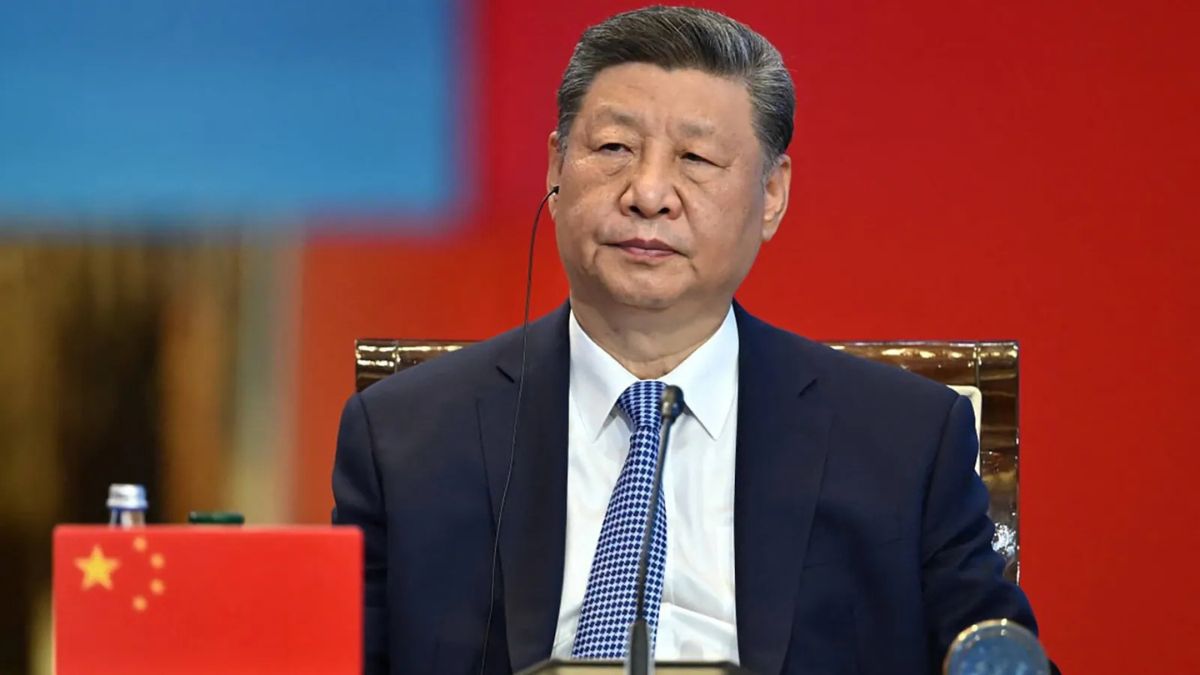No Country For Corruption? China Goes On A Cleaning Campaign As CCP Expels No. 2 General, 8 Others

These officers have been expelled from both the Communist Party and the military. Image courtesy: RNA
In a move that China’s defence ministry has itself described as a significant achievement in the party, the country has expelled two of its highest-ranking military commanders along with seven other senior officers from both the Communist Party and the armed forces. The move was announced by the country’s Ministry of Defence on Friday (October 17, 2025).
It marks one of the most significant purges within the People’s Liberation Army (PLA) in decades. The announcement comes just days before the Communist Party’s Central Committee is set to convene its Fourth Plenum in Beijing, where further personnel changes are expected.
The move is being analysed as Chinese President Xi Jinping’s initiative of “cleaning house” ahead of the meeting, consolidating control over the military and reinforcing his anti-graft credentials.
Chinese military crackdown: Who was fired?
General He Weidong, Vice Chairman of the powerful Central Military Commission and China’s second-highest-ranking military official, was among those dismissed. He had not been seen in public since March 2025, fuelling speculation about his status. Eight other other senior officers have also been placed under investigation.
Among them are Admiral Miao Hua, a former member of the Central Military Commission responsible for overseeing political affairs, ideological work, and personnel matters within the armed forces; He Hongjun, Miao’s former deputy and executive officer; and Wang Xiubin, who previously served as the executive deputy director of the Joint Operations Command Centre under the CMC.
These officers have been expelled from both the Communist Party and the military. He Weidong, Miao, and Lin all have a history of serving together in the 31st Group Army. This unit, focused on Taiwan, is a land force based in Xiamen, Fujian province, the same location where Xi held multiple positions for a number of years.
What are the charges on which these officers have been fired?
According to the Chinese Defence Ministry, the officials had “seriously violated Party discipline” and were suspected of “grave duty-related crimes involving an extremely large amount of money.” The offences were described as having “extremely detrimental consequences”.
With this, the ministry hailed the purge as a “significant achievement” in the Party’s ongoing anti-corruption drive.
General He’s removal is particularly notable, being the first dismissal of a sitting member of the Central Military Commission since the Cultural Revolution. He also sat on the 24-member Politburo, China’s second-highest decision-making body, underscoring the political weight of the expulsion.
Since Xi came to power in 2012, thousands of officials have been purged in a sweeping campaign aimed at rooting out corruption and reinforcing Party discipline. The latest expulsions signal that even the highest echelons of the military are not immune to scrutiny.
What wider message could this purge send?
He Weidong previously commanded the PLA Eastern Theatre Command, an important command regarding potential Taiwan Strait conflict and the East China Sea. Prior to that, he led several regional military districts and was chief of the Western Theatre Command’s ground forces. With President Xi firing General He, East Asia might get more eyeballs amidst China Taiwan conflict.
Not just dominance, Xi’s crackdown also underscores his insecurities. According to Neil Thomas, a fellow in Chinese politics at the Asia Society Policy Institute, Xi’s purges are meant to project strength. He told BBC Chinese that, “In his view, cutting out corrupt or disloyal cadres is the Party’s ‘self-revolution’ to become a clean, disciplined, and effective organisation that is capable of ruling indefinitely.”
He, however, pointed out that purges can also chill initiative and make governance more rigid. “This is the price of Xi’s power: the system gets cleaner and more obedient, but also more cautious.”







